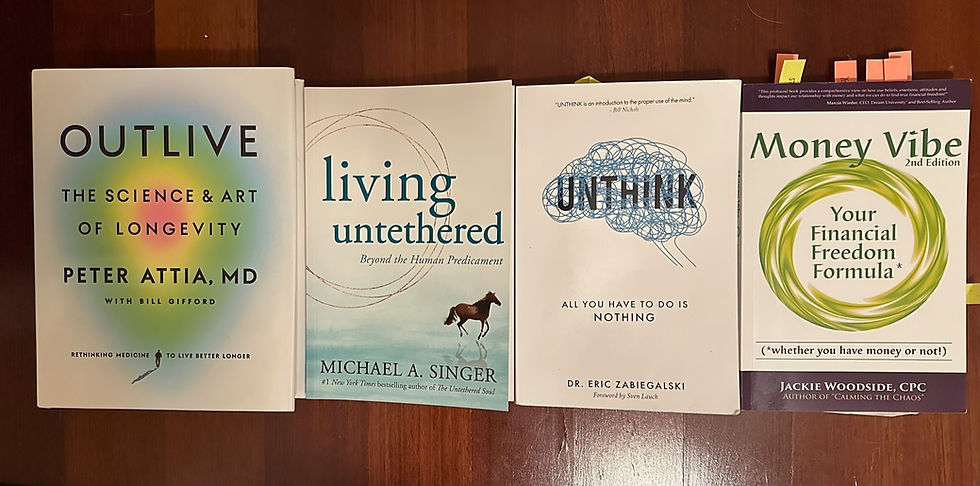Would you hire 10 people to have only 3 working?
- Brooke Ozlem Erol

- Mar 25, 2018
- 3 min read

Probably you are saying “of course not”. It sounds ridiculous, right? Well, this is what we have done over the last decades. We never got rid of the industrial age mindset that told us how to hire and “manage” people. We never let go of the belief that work is only to pay the bills and if we are lucky to use some of our skills. We still assumed people need to be told what to do, not to be trusted, and to be controlled. We told them not to bring their whole selves but only the professional skills they have to work. Women were even told to act like a man since it was a men’s world. All those emotions we women have had no place at work. We were supposed to have fun after work: at night and during weekends. If we had bigger dreams that do not fit into that schedule, then we could wait until we retire. If we had to take care of someone we love, we better find some help, especially if it is going to take us away from the office for long hours. If we had to leave to look after someone, then we felt guilty like we were doing something wrong; like our priorities are out of place. Work needed to come first. We felt like if we come to the office earlier and leave late, people saw us as a hard worker: we sacrifice our beautiful personal life and prefer to work. If we complained about how much work we have, how hard our work is, we got more positive attention. If we played with the big guys at work, we knew we would promote faster.
Doesn’t that all seem like a big game? It is so unauthentic. None of this is natural human behavior. You have to understand the rules of the game to be “successful” in this setting. What does “success” even mean? If it is about titles and how much money we make, which usually is, it is really about our ego. Ego dominates the workplace till to this day.
In the meantime, when you talked about life with people around you, even in this same work setting, everyone would say “What matters the most in life is family." ” Life is short.” ” Now is all we have.” ” We all need to have meaning in life.” ” We need to spend quality time with loved ones.” ” Do not postpone your life.”
How contradictory is this? How many of you were working while all these conflicts exist? How many of you are still working at a place where these are still going on? Obviously, a lot of us, since Gallup’s studies still show how disengaged we are at work in the US and in the world. The average has been 70% disengagement which means when you have 10 people on your team only 3 of them are productive at any given time. It is unacceptable. I ask leaders in different companies how many of the hours on average their workers are productive out of an 8-10 hour-work-day. The answer is 2-4 hours! That is really sad.
These disengaged people are not stupid, they do not lack potential or energy. They are not lazy. They don’t lack education.
They are just not doing what they love,
they are not using their strengths,
they have no passion for what they do,
they were not hired for the right position,
they have no idea how their work contributes to the overall picture,
they don’t know the mission and purpose of the company,
they are treated like children,
they are not trusted.
So is it a big surprise to see the numbers? No. Every time I think about work environments that are losing this much potential, I feel a knot in my stomach. How did we let it get here?
Now the research is out, we cannot let 7 out of 10 people stay unhappy and unproductive. Everybody has the potential. We are born with it. We just need to change a lot of our ways in the workplace:
Mindset of leaders
How we look at management and leadership
Trusting people
Clarifying #purpose beyond profit
How we attract and hire the right talent
We just cannot let these people’s potential be wasted. It is bad for the people, for our organizations, for our communities, and our world. We need to get those disengagement numbers down to 5%. And make sure those who are at the bottom find what they love to do. It is not going to happen overnight after 150plus years of negligence, but we can all do our parts in this transformation. We would never accept our phones or our cars working with 30% capacity; why should we ignore when they are real people?




































Comments